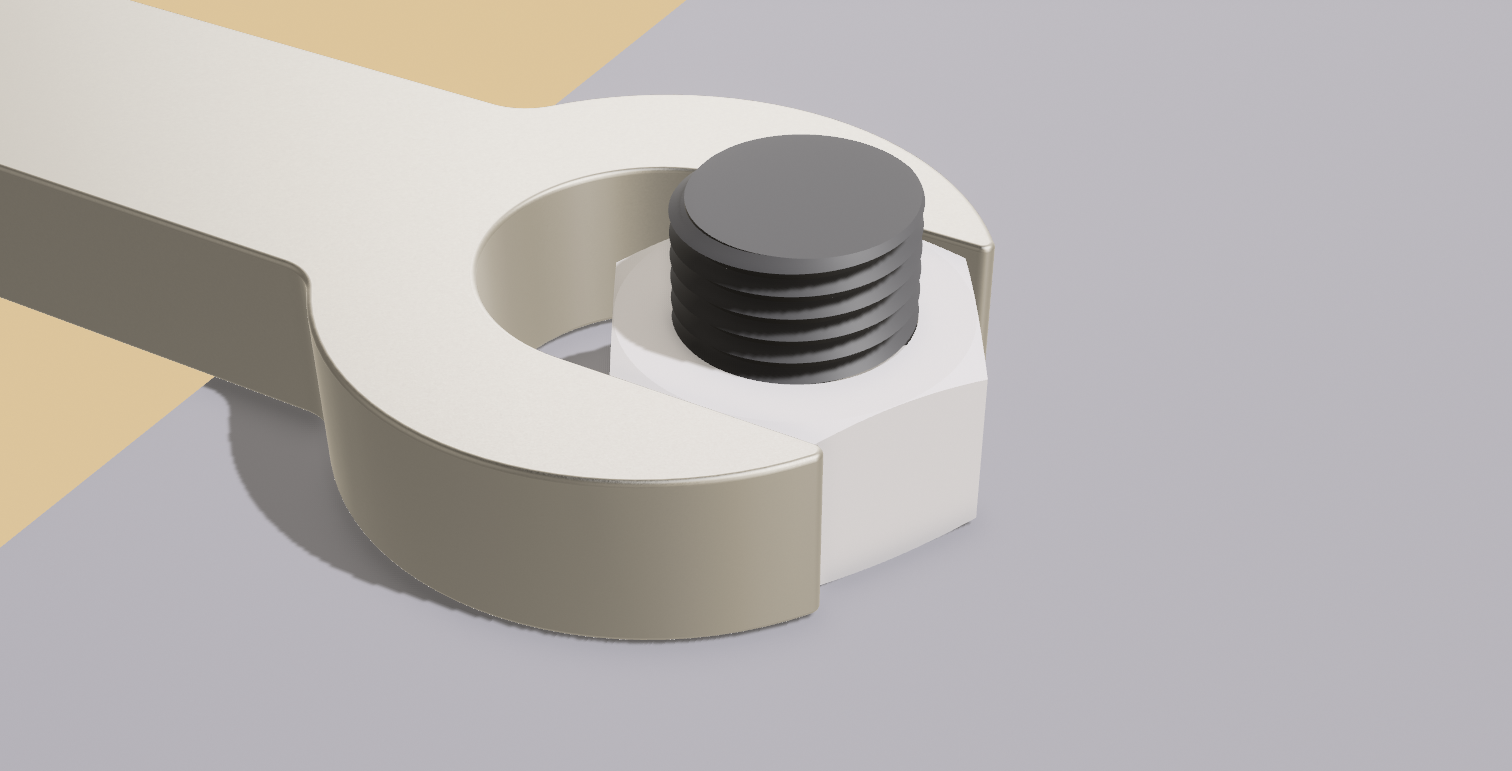PIPING DESIGN AND ENGINEERING BLOGS
Welcome to PipingStress.Net, your definitive online destination for in-depth insights and expert guidance on all things related to piping design. Whether you're an experienced engineer looking to sharpen your skills or a curious enthusiast eager to delve into the world of piping systems, you've come to the right place. Our blog is dedicated to exploring the intricacies of piping design across a diverse range of industrial equipment, including pumps, pressure vessels, heat exchangers, compressors, storage tanks, and more.
Piping design is a critical aspect of any industrial project, influencing everything from system efficiency and reliability to safety and cost-effectiveness. With our comprehensive articles and detailed explanations, we aim to demystify the complexities of piping engineering, empowering our readers to make informed decisions and optimize their designs for maximum performance.
From the fundamentals of fluid dynamics and pipe sizing calculations to advanced topics such as stress analysis and corrosion prevention, our blog covers a wide spectrum of topics relevant to piping design. Whether you're seeking guidance on selecting the right materials for corrosive environments, designing piping layouts for optimal flow distribution, or troubleshooting common issues like vibration and pressure drops, we've got you covered.
But our blog is more than just a repository of technical knowledge—it's a vibrant community where engineers, designers, and enthusiasts come together to share insights, exchange ideas, and learn from each other's experiences. Through engaging discussions, case studies, and real-world examples, we foster a collaborative environment where our readers can expand their horizons and stay at the forefront of the latest developments in piping design.
So whether you're embarking on a new project, grappling with a challenging design problem, or simply looking to expand your knowledge, PipingStress.Net is here to support you every step of the way. Join us on this journey as we explore the fascinating world of piping design and unlock its limitless potential in various industrial applications.
Please write your request to us from the contact page, if you want to learn about a special subject.

Understanding Special Pipe Supports
Pipe supports play a crucial role in ensuring the safety, reliability, and functionality of industrial piping systems. While standard supports like hangers, guides, and anchors are commonly used, certain situations demand more specialized solutions. Special pipe supports are designed to address unique challenges in piping systems, combining the features of both restraints and supports—rigid or flexible—to accommodate complex operational requirements.
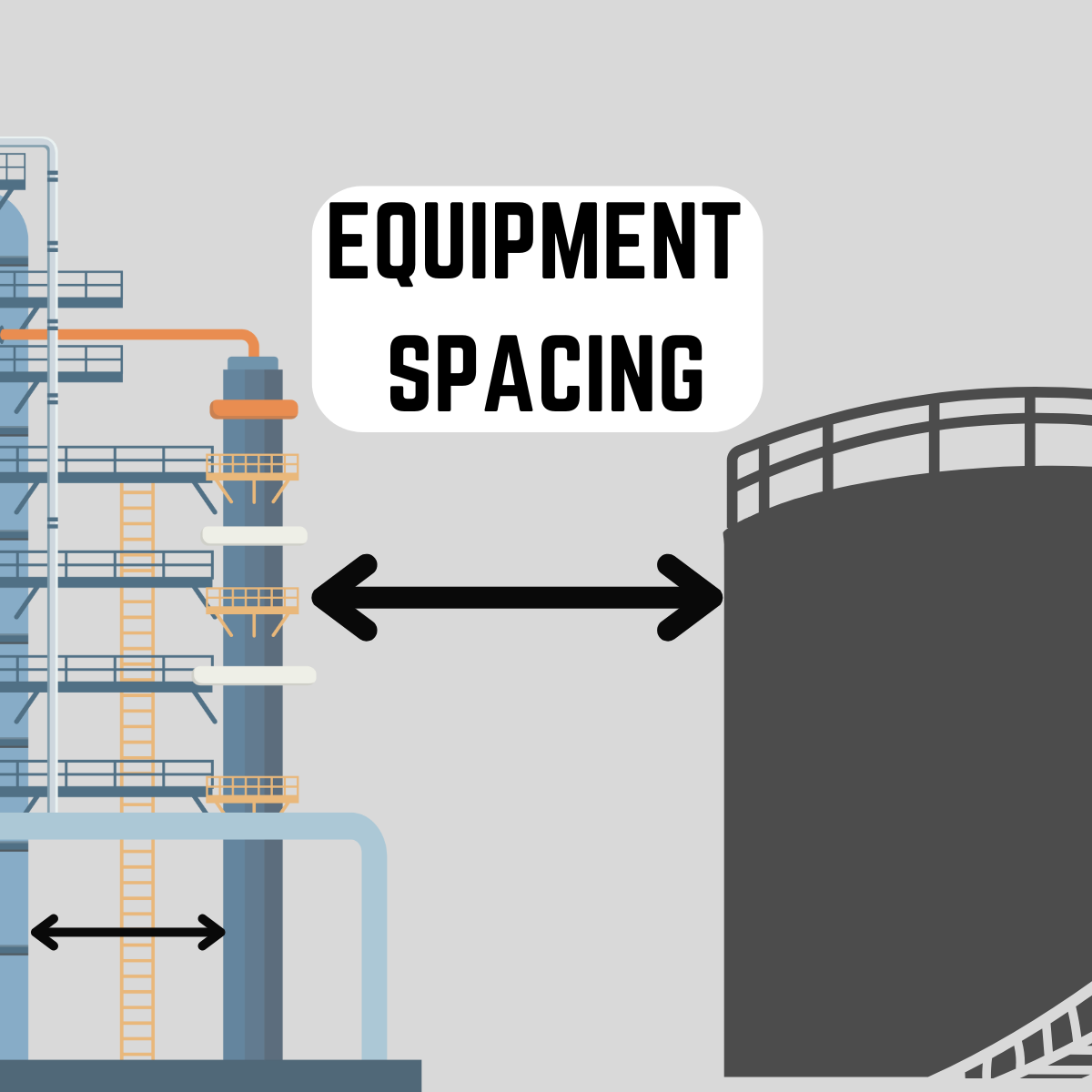
Equipment Spacing
This blog is intended as a guide to determining the minimum safe spacing of plants and equipment in Oil Refineries, Petrochemical Complexes, and similar installations.
The spacing recommendations will apply in the absence of Clients' standards or supplement such standards where necessary. They are based on current industry practice.
The spacing recommendations aim to ensure that available plot areas are used economically without affecting personnel safety or plant vulnerability.
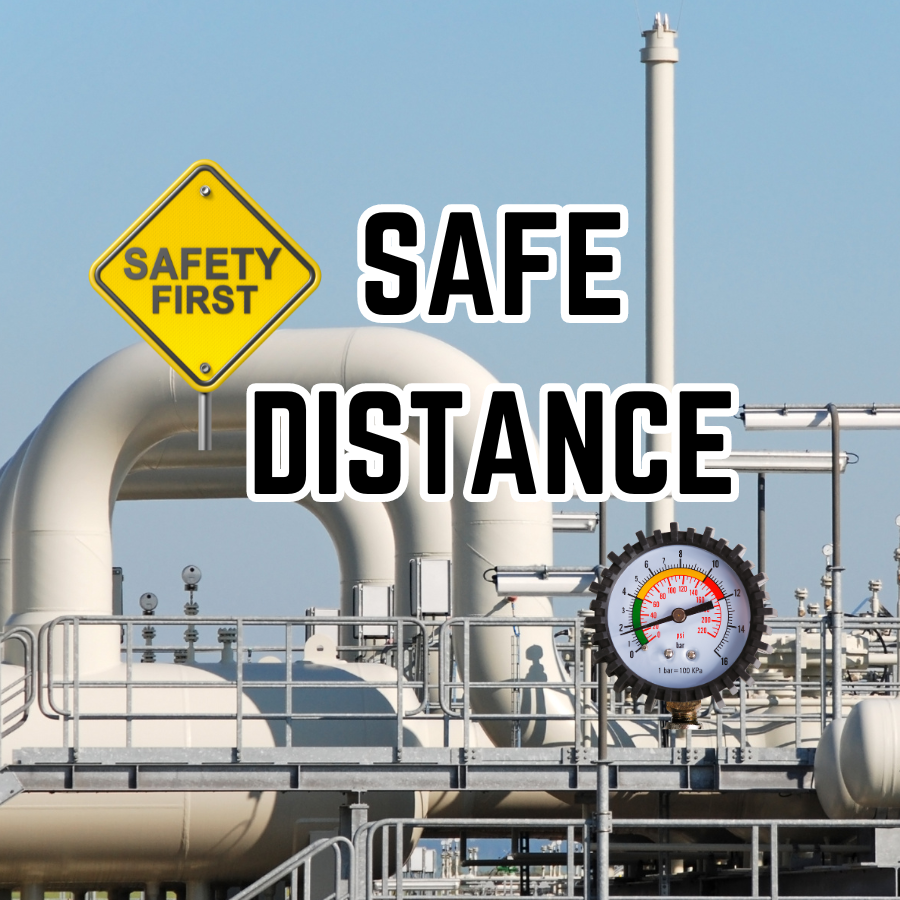
Safe Distance During Pneumatic Test
Pneumatic testing is an essential procedure to ensure the integrity of piping systems and pressurized equipment. However, it carries inherent risks due to the high levels of stored energy in compressed gases. For safety, maintaining a safe distance from the test area is crucial to prevent injury in case of a failure. This article outlines the key safety considerations and guidelines for establishing safe distances during pneumatic testing.
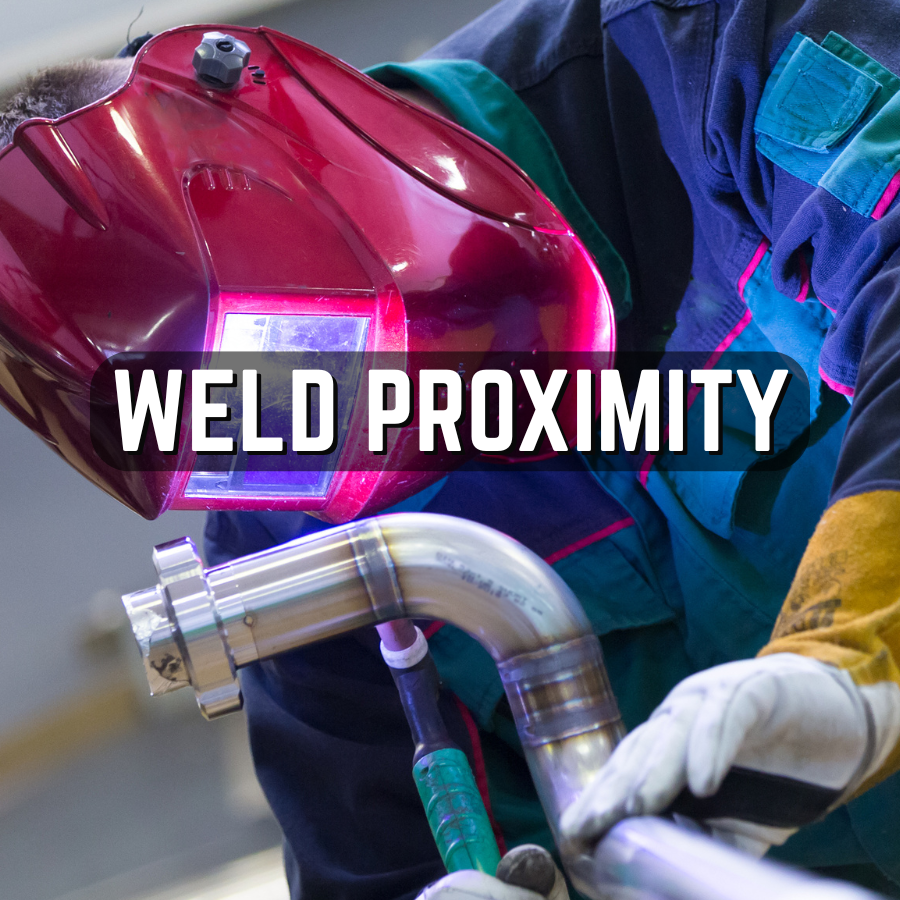
Weld Proximity of Piping Systems
Weld proximity is a critical consideration in designing and fabricating industrial piping systems. Properly managing the distance between welds is essential to ensure structural integrity, minimize the risk of failure, and comply with relevant industry codes and standards. This post explores the importance of weld proximity, guidelines for spacing between welds, and the codes and standards governing these practices.

Laser Scanning
Laser scanning technology is particularly beneficial in brownfield projects, where existing infrastructure, operational complexities, and safety concerns pose unique challenges.

Piping Design Tips for Revamp Projects
Revamp projects present unique challenges for piping designers, requiring precise modifications within existing facilities. This guide outlines essential tips and considerations, from accurate field measurements to leveraging advanced technologies, ensuring successful and cost-effective outcomes in updating and improving piping systems.

ASME B31 Code Outlines
The ASME B31 Code for Pressure Piping is a set of standards developed by the American Society of Mechanical Engineers (ASME) that provides guidelines and requirements for the design, materials, construction, assembly, inspection, and testing of piping systems. The code is divided into several sections, each addressing different types of piping systems.
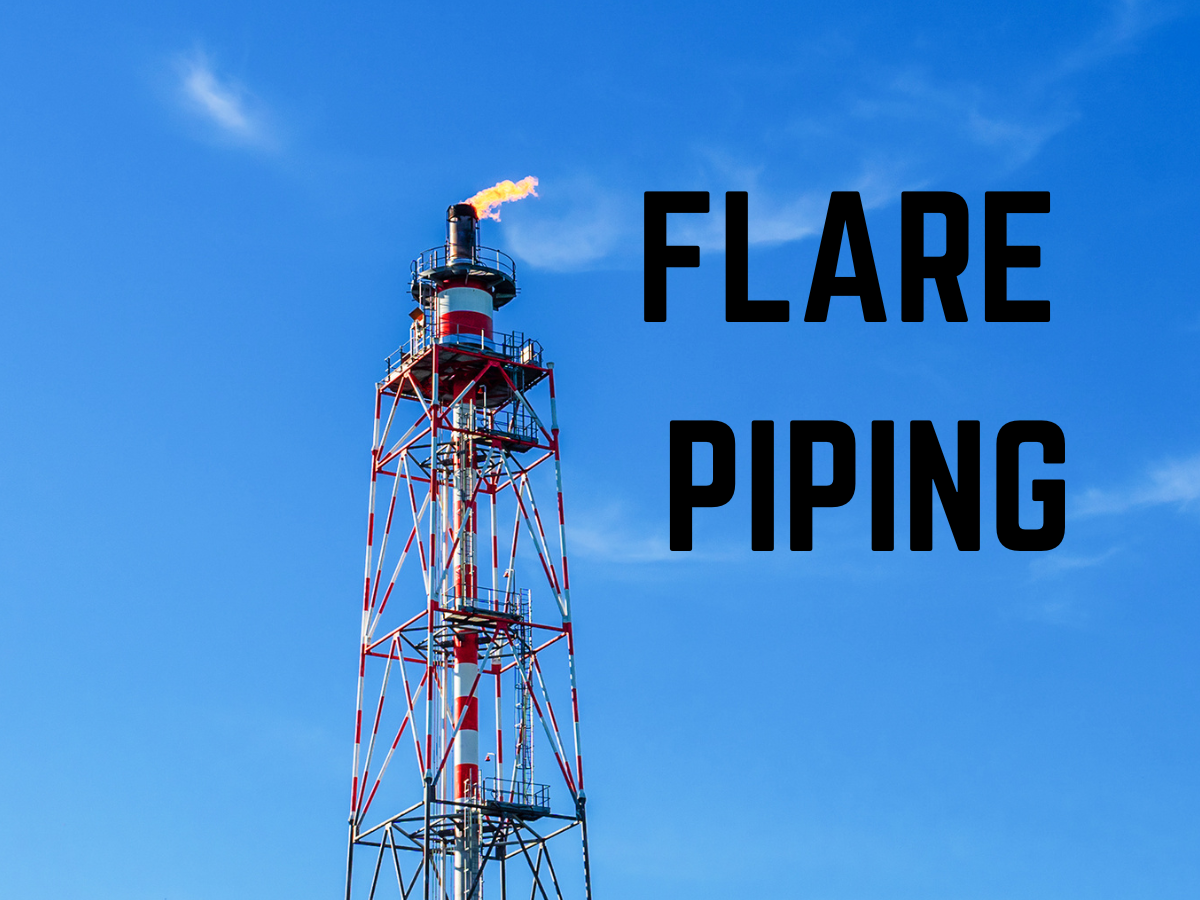
FLARE PIPING
Flare, a system that meticulously disposes of a plant's waste gases, is a testament to the precision in industrial operations. Flare stacks, towering structures, are designed with utmost care to route the gas to the atmosphere, usually with a flare tip, ensuring the safety and efficiency of the process.
Flare headers are the piping lines in units that receive relief valve discharges, vents, etc., and route the gas to a flare knock-out drum, which separates any liquid that may have condensed in the header.
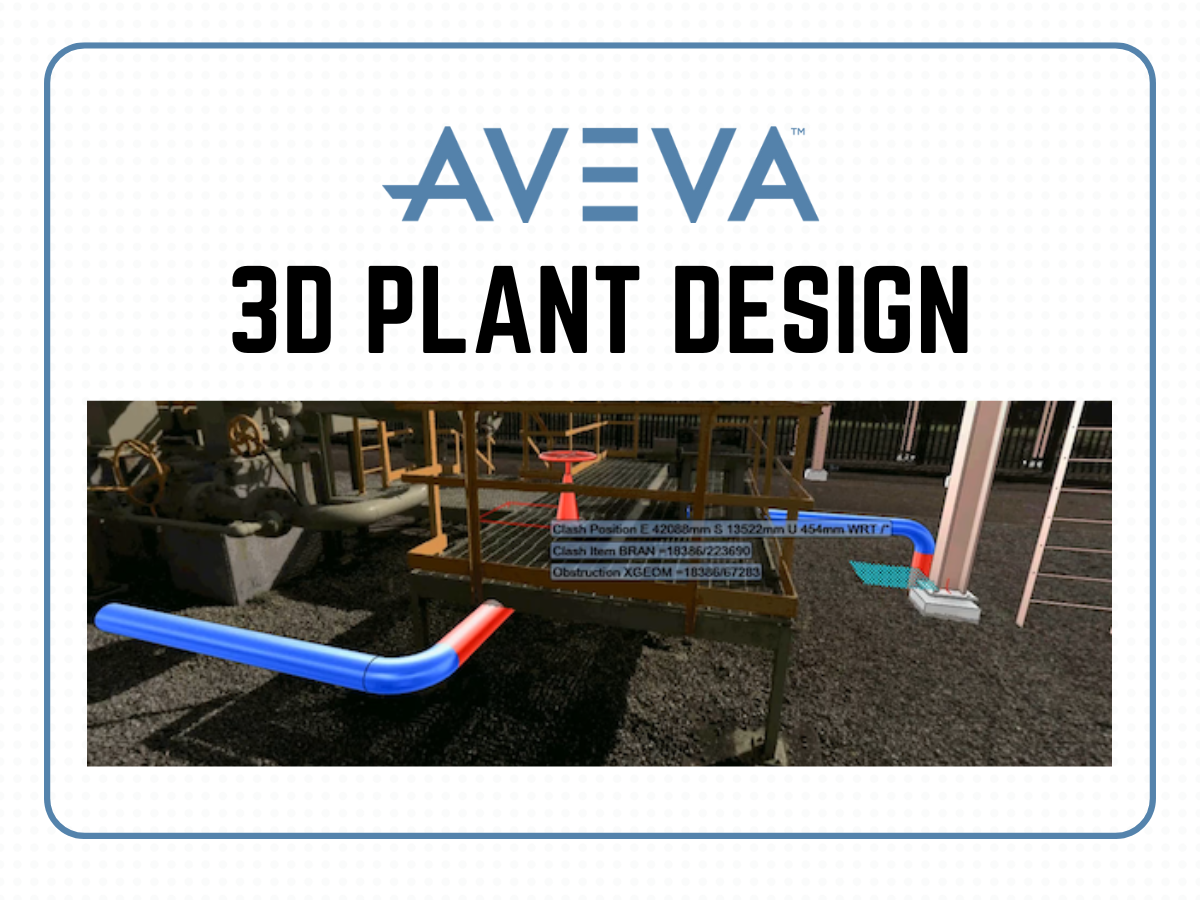
3-D Plant Design-AVEVA E3D
AVEVA, a global leader in engineering and industrial software founded in 1967 in United Kingdom, specializes in engineering and industrial software and offers solutions for design, operations, and asset performance management in various industries.
